Katherine May
Author
There’s really nothing we like more than talking tea with a true Brit! Our February Teafluencer, Katherine May, is English through and through, in addition to being a talented and fascinating writer. This New York Times best-selling author shares her beautiful insights on what she calls “wintering,” motherhood, the power of a cold swim and tea, an indispensable part of Katherine’s day.

Harney: Tell us a little about you. Where are you from, educational/professional background, where you live, family, etc.
Katherine: I’ve always lived in Kent in southeast England - and for the last 15 years, in the seaside town of Whitstable. I live with my husband, son, two cats and a dog. Before I became a full-time writer, I was terrible at holding down a job, but I’ve worked as a teacher, gallery educator, arts consultant and university lecturer.
Harney: You’ve written essays and articles for several major publications: The New York Times, The Times (London), The Observer, Good Housekeeping, Cosmopolitan, Aeon and others, we’re sure. You’ve also written both fiction and non-fiction books. While your non-fiction books have garnered a great deal of attention – and we’ll move on to them next – your fiction book The Whitstable High Tide Swimming Club is based in your home of Whitstable in Kent. What is it about Whitstable that inspired you to write a book based there? And why a swimming club?
Katherine: Whitstable’s a wonderful community, full of people who really value living here. When I was growing up, it was always seen as a bit down-at-heel, and in the last two decades it has become a very desirable place to live, with lots of young families moving down from London in hope of a better life. I wanted to write a novel that threw old and new Whitstable together, and it struck me that swimming was the best way for that to happen. You can only swim here for a couple of hours around high tide each day, and so it struck me that it might just throw unlikely people together.
Harney: Next up, let’s talk about The Electricity of Every Living Thing, a memoir. In it, you write about a time in your life where you were really struggling; the undertaking you chose to help you come to grips with life is very reminiscent of Cheryl Strayed’s Wild. Please share with our readers the life events that prompted you to undertake walking the 630-mile South West Coast Path.
Katherine: When I decided to walk the SWCP, my son was three, and I was still reeling from the enormous loss of independence and identity that motherhood had brought, and I had a clear sense that I’d coped less well with the changes than everyone else around me. I wanted to find a project that gave me some solitude, and it struck me that I could finally fulfil my dream of walking the entire path. It was far more complex than I’d realised though!
Harney: What did you learn on that journey of self-discovery? Were you surprised by the realizations you had?
Katherine: I was about three months into the walk when I heard a woman on the radio talking about being autistic, and I realised that I was just like her. I don’t think I could have reached that realisation without the walking - it cracked me open and gave me time to reflect on so much. It was an enormous shock, but at the same time it felt like coming home. I thought I understood what autism was until that moment, and I had to accept that I knew very little, and that adult autistic women have been invisible in our culture up to now. It sparked a very different process of self-discovery to the one I expected.

Harney: The next book you wrote was Wintering: The Power of Rest and Retreat in Difficult Times, which has gone on to become a New York Times bestseller. Your concept of “wintering” is a powerful one. Give our readers a quick definition of what you mean by wintering, and why it’s a term that even occurred to you in this context.
Katherine: Wintering is the idea we all have phases in life when we fall through the cracks - when everything stops for us while the rest of the world seems to carry on. That might come from a mental or physical illness, or from a big change in life like a bereavement, a breakup or losing your job. Although it arrives through different routes, we all land in this familiar place, which we try very hard to conceal, and which it’s often very hard to talk about. I wanted to show how it’s part of the natural life-cycle, and I borrowed all those lovely wintery metaphors to show that we already have a language that captures the complexity of those times - the feeling of stasis, the strange beauty, and the hard work that goes on below the soil and in hidden hibernation nests.
Harney: When you talk about wintering, are you being specific about how many people become sad/depressed during the winter months, or is it a metaphor? Or both?
Katherine: Sadness is always part of wintering, but wintering isn’t only about sadness - it’s a big bag of mixed emotions! Depression is different. It might be a part of a wintering - it could be the cause or the effect - but not necessarily. It’s vital that we don’t start to conflate sadness and depression - sadness is a normal part of our spectrum of emotions, and we need to learn to accept and listen to what it tells us. Depression is far more pathological, and it’s important to reach out for help when it comes.

Harney: We feel comfortable asking you this, since you speak of it openly in your writing and interviews. What are your wintering periods like, and what do you do to help yourself know that these periods of your life are okay, even healthy?
Katherine: I’ve had many wintering periods in my life, and each one has been different. Sometimes I’ve been physically sick, and other times I’ve just felt incredibly lost and unable to get back on top. But as I’ve grown older, I’ve learned how to cope with them better. I can now accept that they have a kind of narrative arc - a beginning, middle and end - and that I need to surrender to them. That means that I deliberately rest, take lots of walks, and keep my hands moving by cooking far more food than anyone can eat. I deliberately soothe myself while my mind is in turmoil, and I stay alert to the changes that I need to make. I trust my winters more these days.
Harney: What would you like people to know who struggle with those darker periods of life and who may feel like it’s not okay to feel not okay?
Katherine: I think it’s normal to struggle with those periods - but we can also look around us and see how many of our loved ones have gone through periods of turmoil too. What we learn, when we look closely, is that human beings survive seemingly impossible things all the time, but they don’t come out unchanged. If we can allow ourselves to adapt and transform during our winters - even if these changes are unwanted ones - we can find a new way to live. It’s possible, but we have to let go of the idea that we will always stay the same.
Harney: We won’t make you regurgitate your entire book here (we promise!), but your analogy of what trees undergo as they begin to prepare for winter is fascinating and beautiful. Could you talk about that a bit?
Katherine: One of the starkest images of winter that we all know is bare-branched trees. We tend to think of them as dead or dormant during winter, but in fact they’re doing the most important work of the year. By the time the leaves fall off, they’re already in bud, ready for spring. All they’re doing is saving energy, and in the meantime, they’re holding the whole forest together, protecting the soil, and hosting insects and hibernating animals. They’re far from dead - they’re just doing the necessary work of winter. If we can accept the inevitability of difficult times in the same way, we can also see that spring comes eventually.
Harney: The poet Rilke has said, “Let everything happen to you. Beauty and terror. Just keep going. No feeling is final.” That seems to be reflective of your experiences, would you agree?
Katherine: Yes, I love that poem! It’s about the idea that God sends us off into the world with a kind of mission to stay in contact with the fundaments of life. The version you quote is from a particularly beautiful translation by Anita Barrows and Joanna Macy.
Harney: We understand that one of your favorite things to do in the winter is swim in the ice-cold ocean, which you insist is “genuinely wonderful.” For those of us who could never understand the “wonderfulness” of that, please do explain!
Katherine: Cold water swimming may seem brutal, but it gives me the most incredible high - studies show that it releases the same cocktail of chemicals as taking the drug ecstasy! I love the social dimension of it, swimming with others who are sharing the same, very intense, experience. So many people are taking it up now, so it no longer seems like quite such a weird thing to do with my time!

Harney: You’re also the editor of another book of essays on motherhood entitled The Best, Most Awful Job. In the 20 essays within the book, and from your own experience, is there one main thread that runs through each author’s story? One thing almost all mothers share, both good and not so good?
Katherine: The common thread is love. All the essayists love their children - and the babies who never quite made it into the world - intensely. But apart from that, all the experiences are strikingly different. I don’t think women have always felt safe to express complicated emotions around mothering, for fear that their commitment and suitability would be questioned. But the truth is that it is always complicated, and always has been. I loved editing all these different voices who had such divergent ways of seeing their role, and who had all faced different challenges, and knowing that, ultimately, they were all negotiating with the extraordinarily fierce bond between mother and child.
Harney: Do you have anything you would like to say to mothers who struggle with all the best and awful parts of being moms?
Katherine: The awful bits are not a failure! They come with the territory. Block out the people who present an image of the perfect family, and find a community of people who are honest about the problems, as well as the wonderful bits.
Harney: What are you working on now? What’s next for you?
Katherine: I’m putting the finishing touches to a new book, which will be out next year, but that’s all I’m saying for the moment!

Harney: We hope you’re a tea fan! What role does tea play in your life? Do you have any rituals that involve tea?
Katherine: Being English, I am a massive tea fan! In fact, I wouldn’t even put it that way: tea is the background hum to my life, and I can’t imagine living without it. I start each day with several mugs of strong English Breakfast tea, brewed for about ten minutes and taken with a splash of milk. Unlike most people, I still use loose leaves and a teapot. In the afternoon, I tend to drink sencha or jasmine, which are lighter and more refreshing. And I drink rooibos when I wake in the night. I’m very particular about the cups I use - it must be bone china or stoneware, so that my tea stays piping hot. I have a lovely willow pattern tea set that I get out when friends come over. I could go on about this for quite some time...
Harney: Do you have any favorite flavors or types of Harney & Sons tea, or anything on your list you’ve been wanting to try?
Katherine: I’m currently loving the Dragon Pearl Jasmine, and I have my eye on the Ceylon Vintage Silver Tips, which looks delicious.
We hope you feel like we did after getting to know Katherine – definitely a fan of her work and can’t wait for her next book, still on the fence about that cold ocean swim! We absolutely loved talking with her and sharing her talent and insights with you. You can learn more by visiting her website, Instagram, Twitter and Pinterest pages. All photography was provided by Katherine.
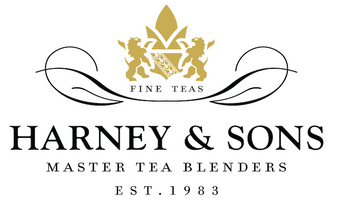

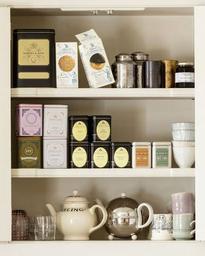
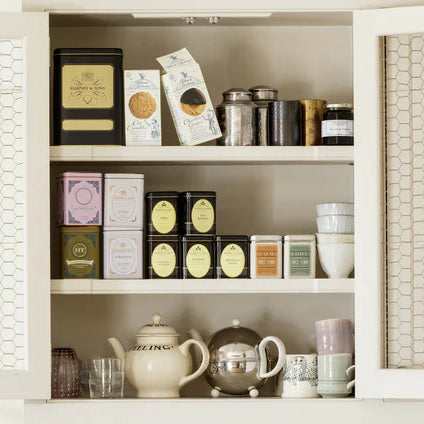
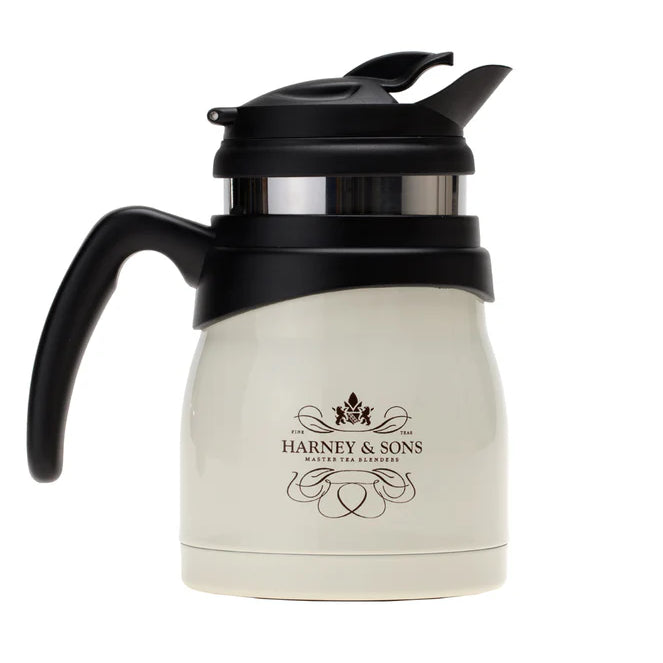
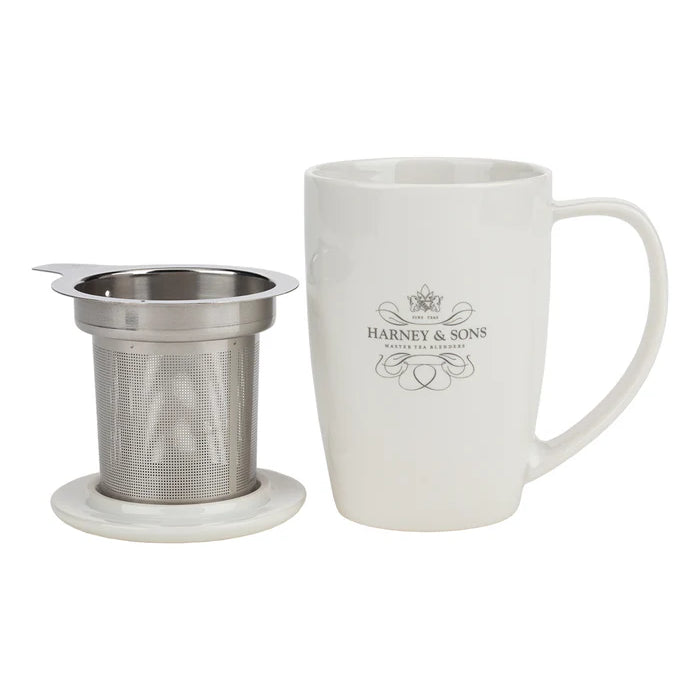
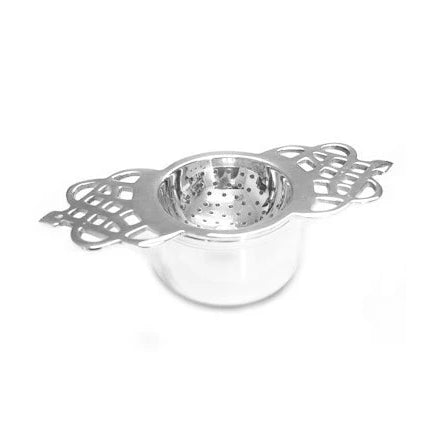
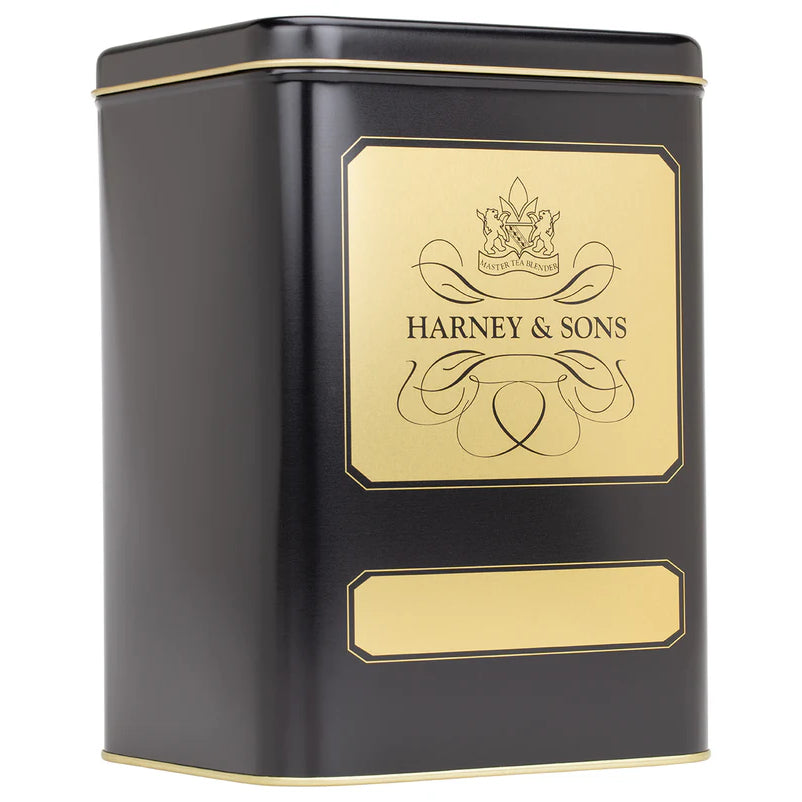
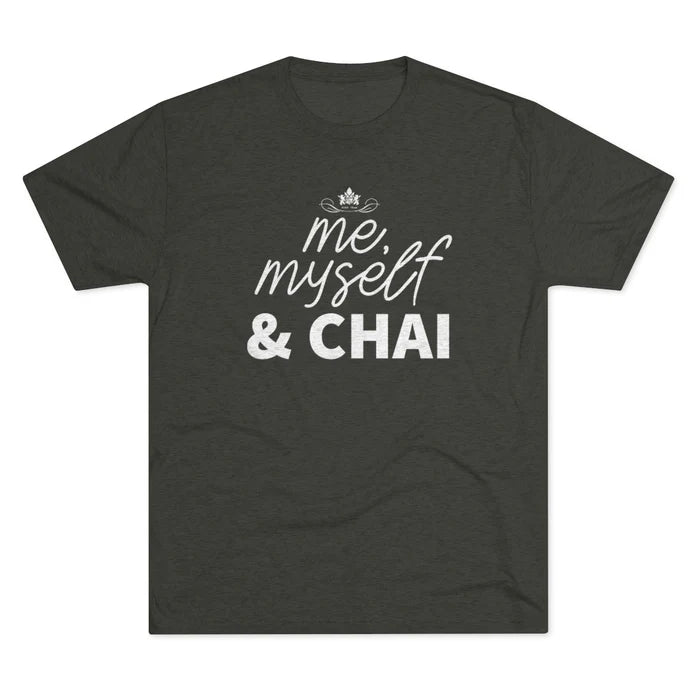

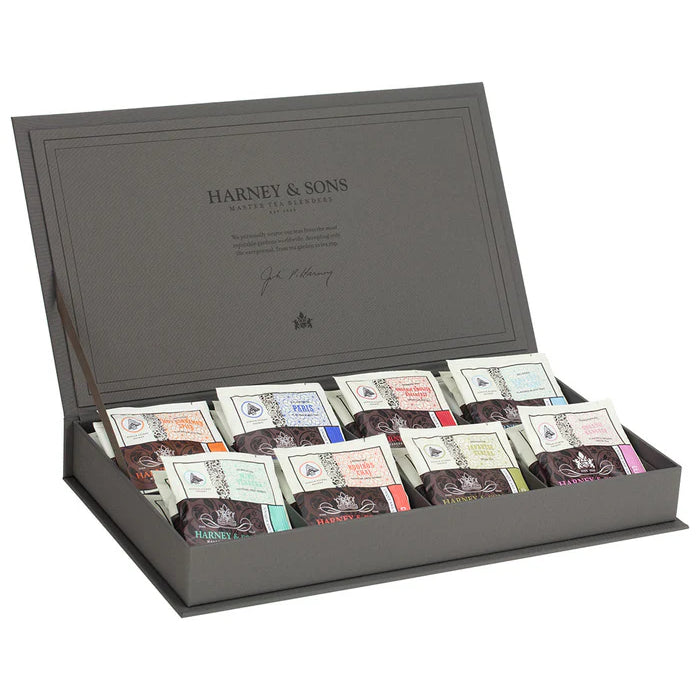
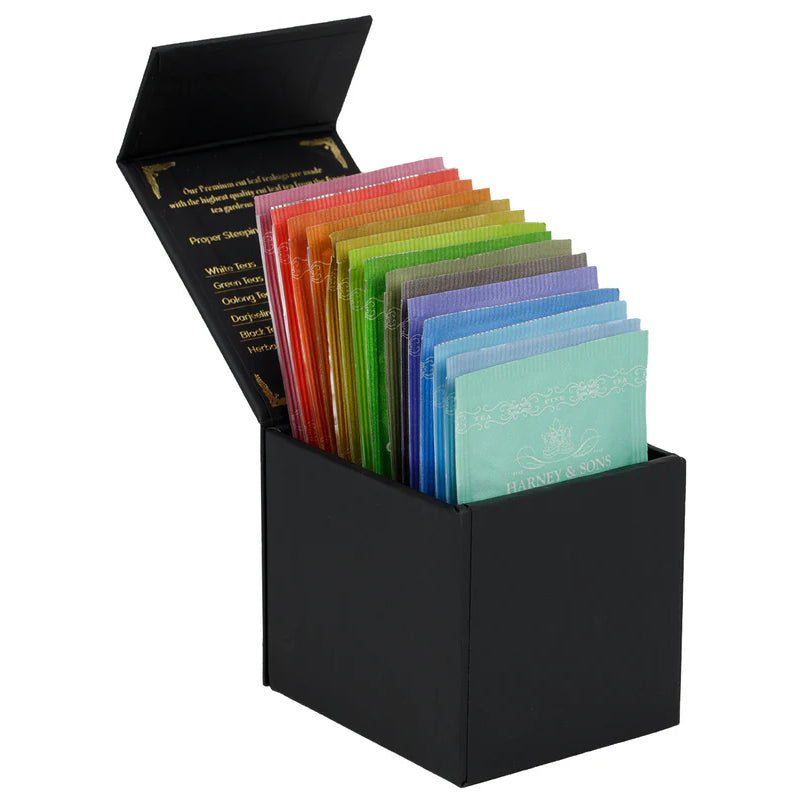

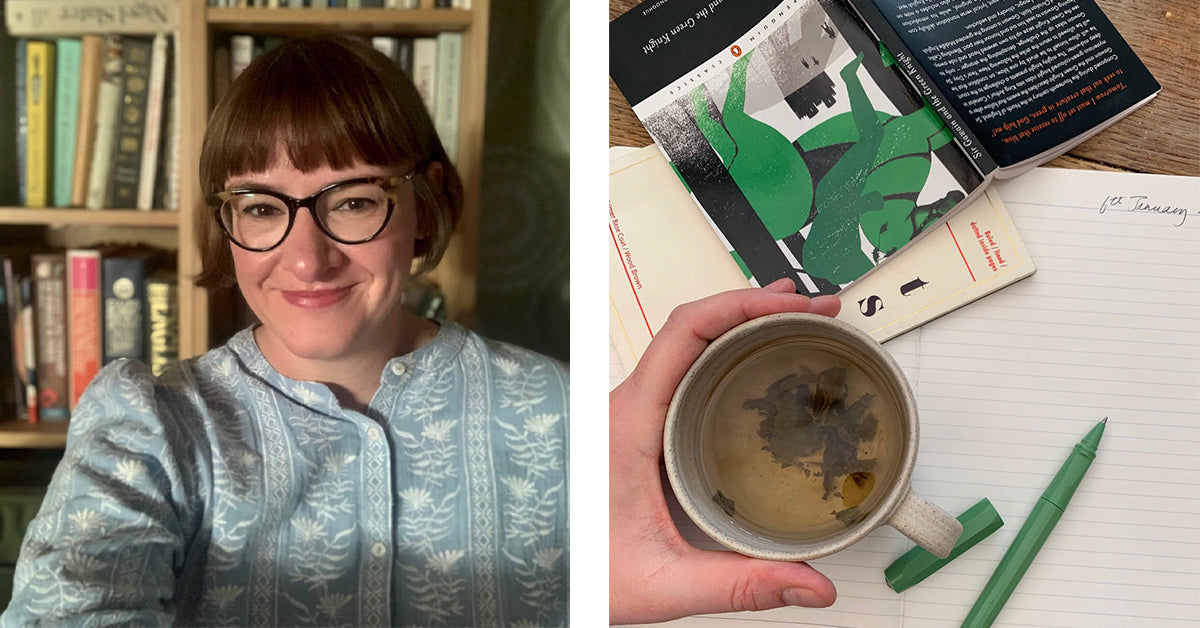
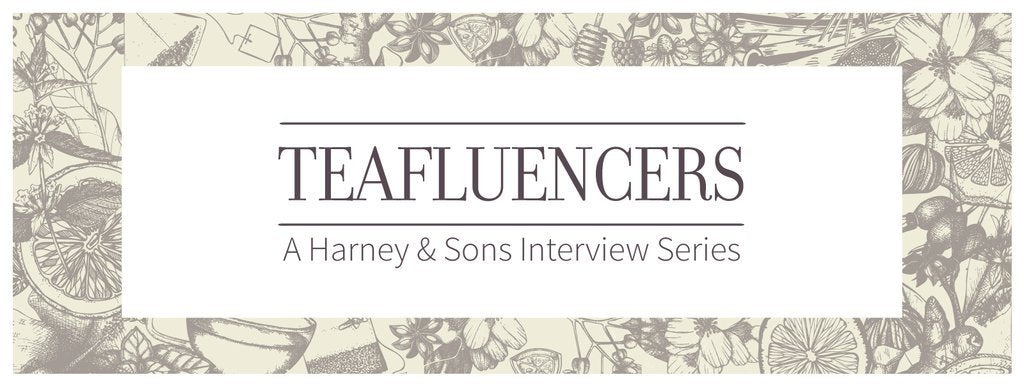
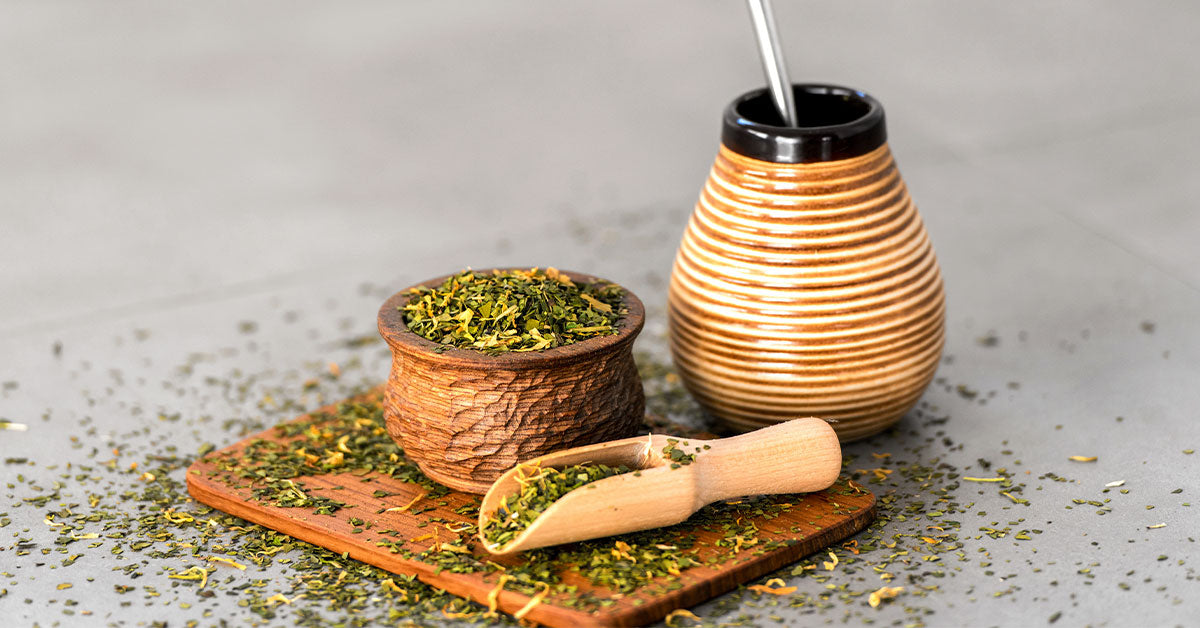
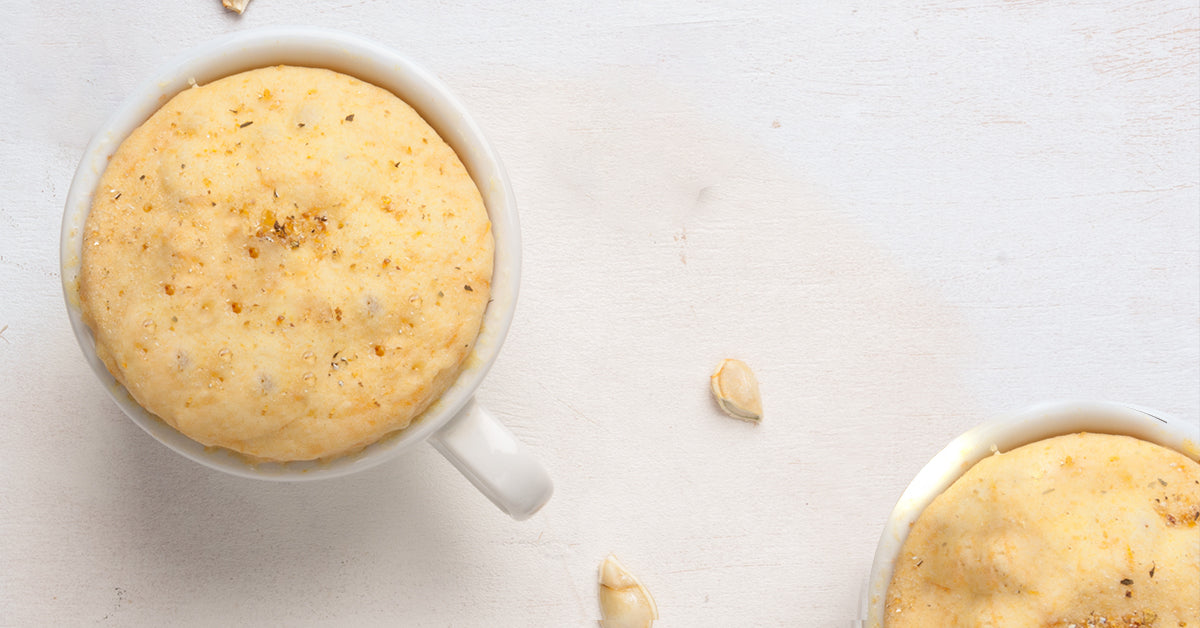
6 comments
Laura Ann
I recently discovered Katherine May and am greatly enjoying her book Wintering. I was curious to learn more about the author and was thrilled to find this interview. I was especially tickled to learn that she loves tea, or “the background hum to my life,” as she puts it, as much as I do. Thanks, Harney, for this treat.
I recently discovered Katherine May and am greatly enjoying her book Wintering. I was curious to learn more about the author and was thrilled to find this interview. I was especially tickled to learn that she loves tea, or “the background hum to my life,” as she puts it, as much as I do. Thanks, Harney, for this treat.
Sandra Rouse
I loved this interview with Katherine May. I want to read her books! Of course over my favorite matcha teas from Harney especially the White Peach matcha and the Genmaicha.
I loved this interview with Katherine May. I want to read her books! Of course over my favorite matcha teas from Harney especially the White Peach matcha and the Genmaicha.
Liz
Thank you for introducing Katherine May, and thanks to Katherine for the great perspectives. I love winter for some of the same reasons, even when loving it is rooted in the sheer joy of hibernation! Tea is one anchor of our winter—Darjeeling, Anniversary Blend, Xiang in the afternoon. After dinner we put a pot of decaf cinnamon or your herbal tisanes over a cast iron candle warmer and everyone refills through the rest of the evening. It’s a favorite ritual. Thank you for beautiful tea!
Thank you for introducing Katherine May, and thanks to Katherine for the great perspectives. I love winter for some of the same reasons, even when loving it is rooted in the sheer joy of hibernation! Tea is one anchor of our winter—Darjeeling, Anniversary Blend, Xiang in the afternoon. After dinner we put a pot of decaf cinnamon or your herbal tisanes over a cast iron candle warmer and everyone refills through the rest of the evening. It’s a favorite ritual. Thank you for beautiful tea!
Megan Murray-Milite
I can’t wait to read Katherine May. Our extended family The Baker’s are from Kent. I purchase so much Harney & Sons for gifts my home & especially my office I could have a little shop myself LOL. Thank you for so so many great years and choices
I can’t wait to read Katherine May. Our extended family The Baker’s are from Kent. I purchase so much Harney & Sons for gifts my home & especially my office I could have a little shop myself LOL. Thank you for so so many great years and choices
Chantelle
Love, love Katherine May’s writing and just finished her latest book, Wintering. It’s no coincidence while reading her book, I enjoyed Harney & Sons Paris & Angiogenesis Foundation Green Tea. They are both so fragrant, flavorful and absolutely delicious. Harney & Sons has become my ‘go to’ tea purveyor and I look forward to trying new and different tea blends while reading more of Katherine May’s works. Thank you!
Love, love Katherine May’s writing and just finished her latest book, Wintering. It’s no coincidence while reading her book, I enjoyed Harney & Sons Paris & Angiogenesis Foundation Green Tea. They are both so fragrant, flavorful and absolutely delicious. Harney & Sons has become my ‘go to’ tea purveyor and I look forward to trying new and different tea blends while reading more of Katherine May’s works. Thank you!
Barbara
I thoroughly enjoyed this interview! I’ll be sharing it with my daughters’. I believe that they will go out and buy her books. Thank you.
I thoroughly enjoyed this interview! I’ll be sharing it with my daughters’. I believe that they will go out and buy her books. Thank you.